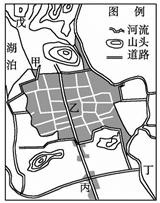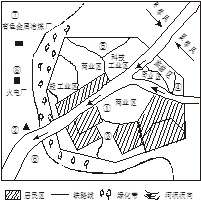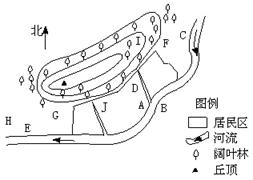
科目: 來源: 題型:閱讀理解
| A.eat too much | B.don‘t work hard |
| C.waste things | D.throw rubbish everywhere |
| A.Fresh water | B.Forest. |
| C.Oil. | D.Coal. |
| A.We may still have enough oil. | B.We may still have enough coal. |
| C.We may have a little oil. | D.We may have no coal or oil to use. |
| A.Waste brings problems. | B.Waste can bring no problem. |
| C.China is rich in fresh water. | D.Students never waste things. |
| A.Stop Wasting | B.School life |
| C.Waste in the School | D.Rich Resources in China |
查看答案和解析>>
科目: 來源: 題型:

查看答案和解析>>
科目: 來源: 題型:

查看答案和解析>>
科目: 來源: 題型:閱讀理解
查看答案和解析>>
科目: 來源: 題型:閱讀理解
查看答案和解析>>
科目: 來源: 題型:
查看答案和解析>>
科目: 來源: 題型:

查看答案和解析>>
科目: 來源: 題型:

| 工 廠 | 序號(hào) | 布局理由 |
| 電子工業(yè) | | |
| 飲料廠 | | |
| 鋼鐵廠 | | |
| 化工廠 | | |
查看答案和解析>>
科目: 來源: 題型:

查看答案和解析>>
科目: 來源: 題型:

查看答案和解析>>
百度致信 - 練習(xí)冊(cè)列表 - 試題列表
湖北省互聯(lián)網(wǎng)違法和不良信息舉報(bào)平臺(tái) | 網(wǎng)上有害信息舉報(bào)專區(qū) | 電信詐騙舉報(bào)專區(qū) | 涉歷史虛無主義有害信息舉報(bào)專區(qū) | 涉企侵權(quán)舉報(bào)專區(qū)
違法和不良信息舉報(bào)電話:027-86699610 舉報(bào)郵箱:58377363@163.com